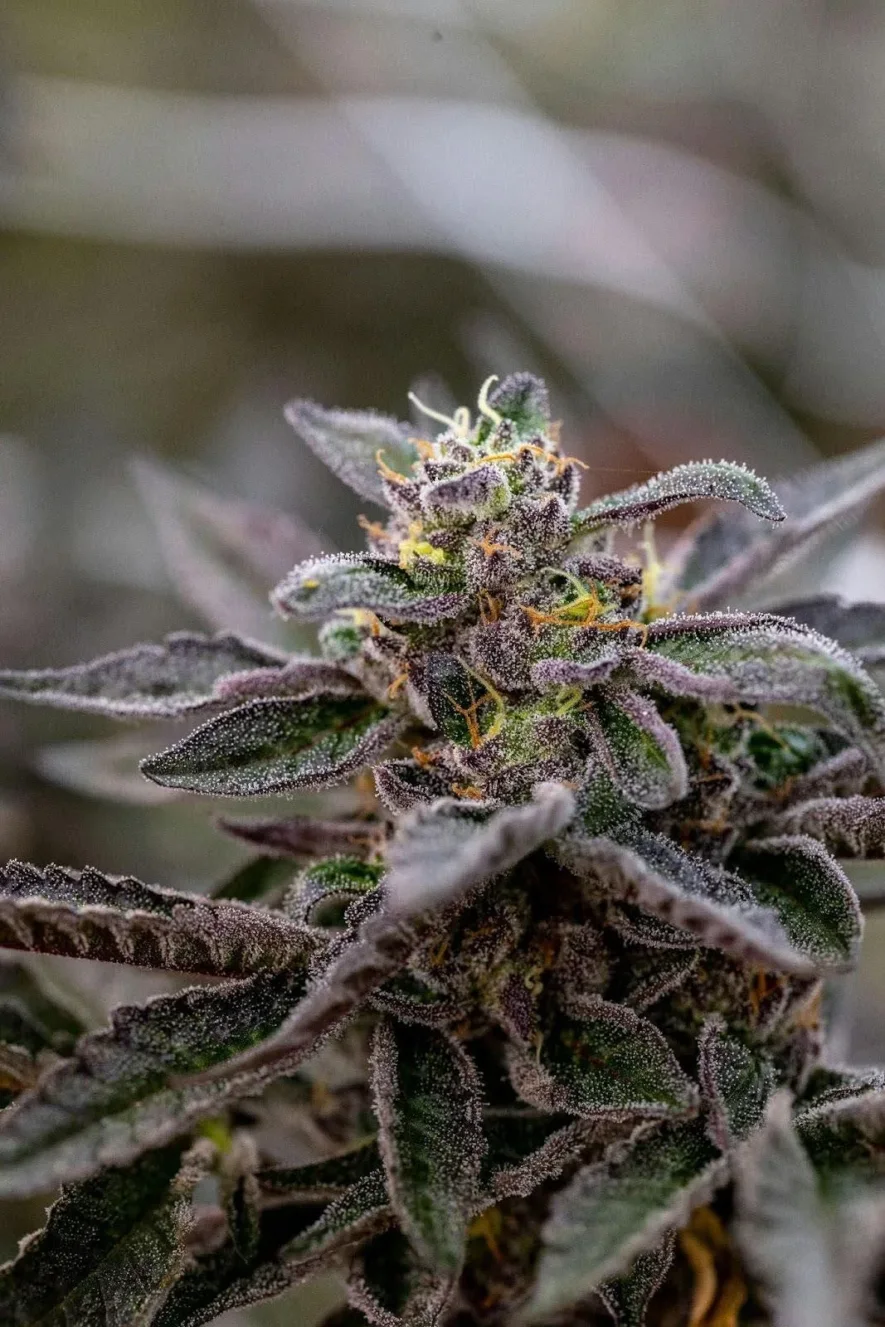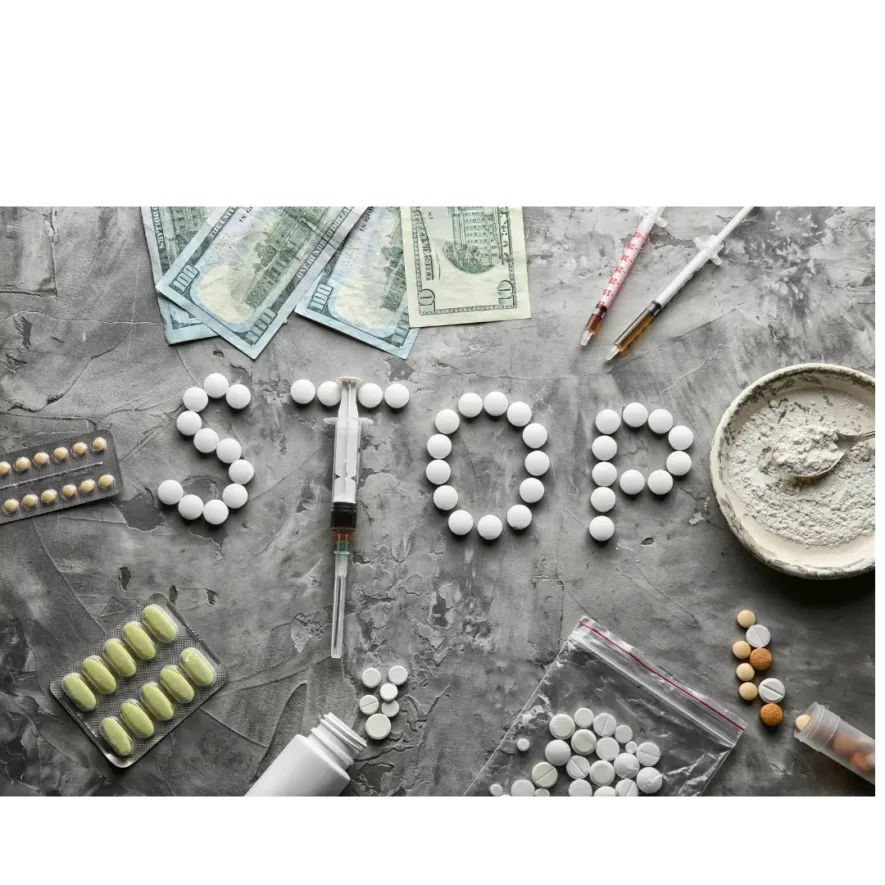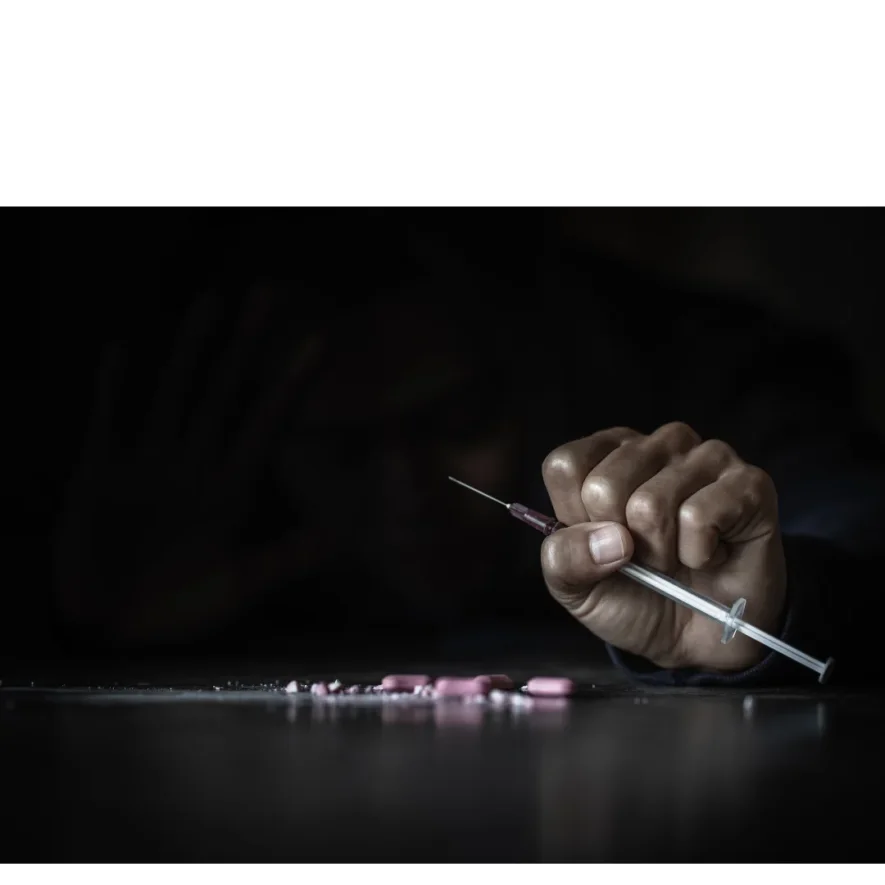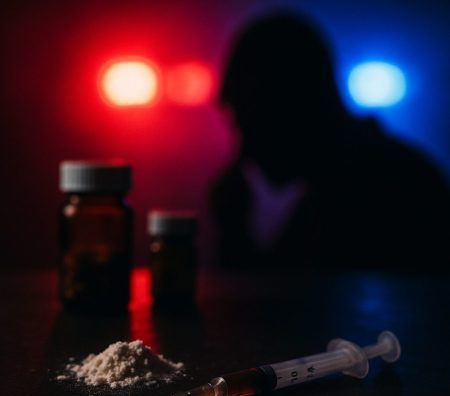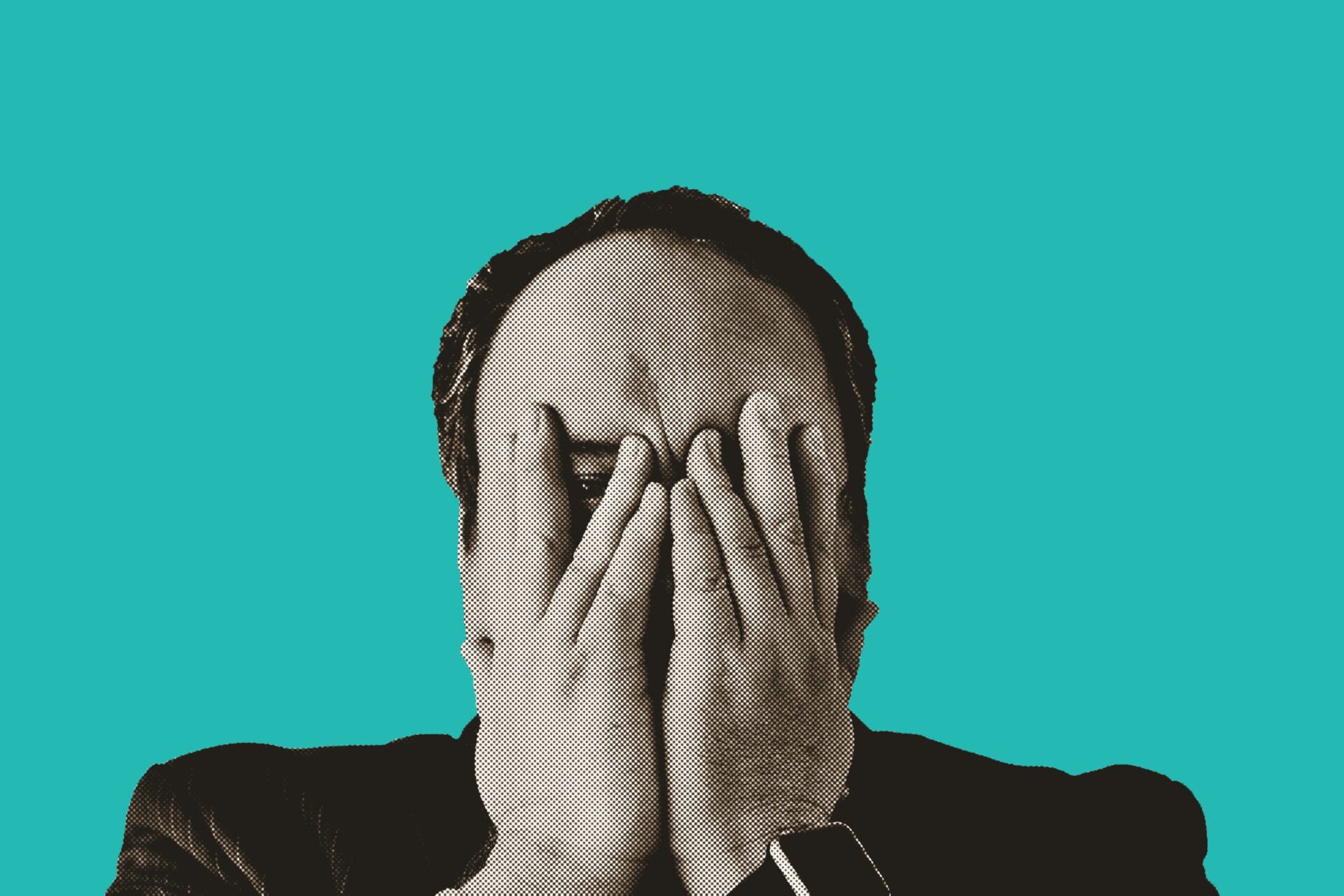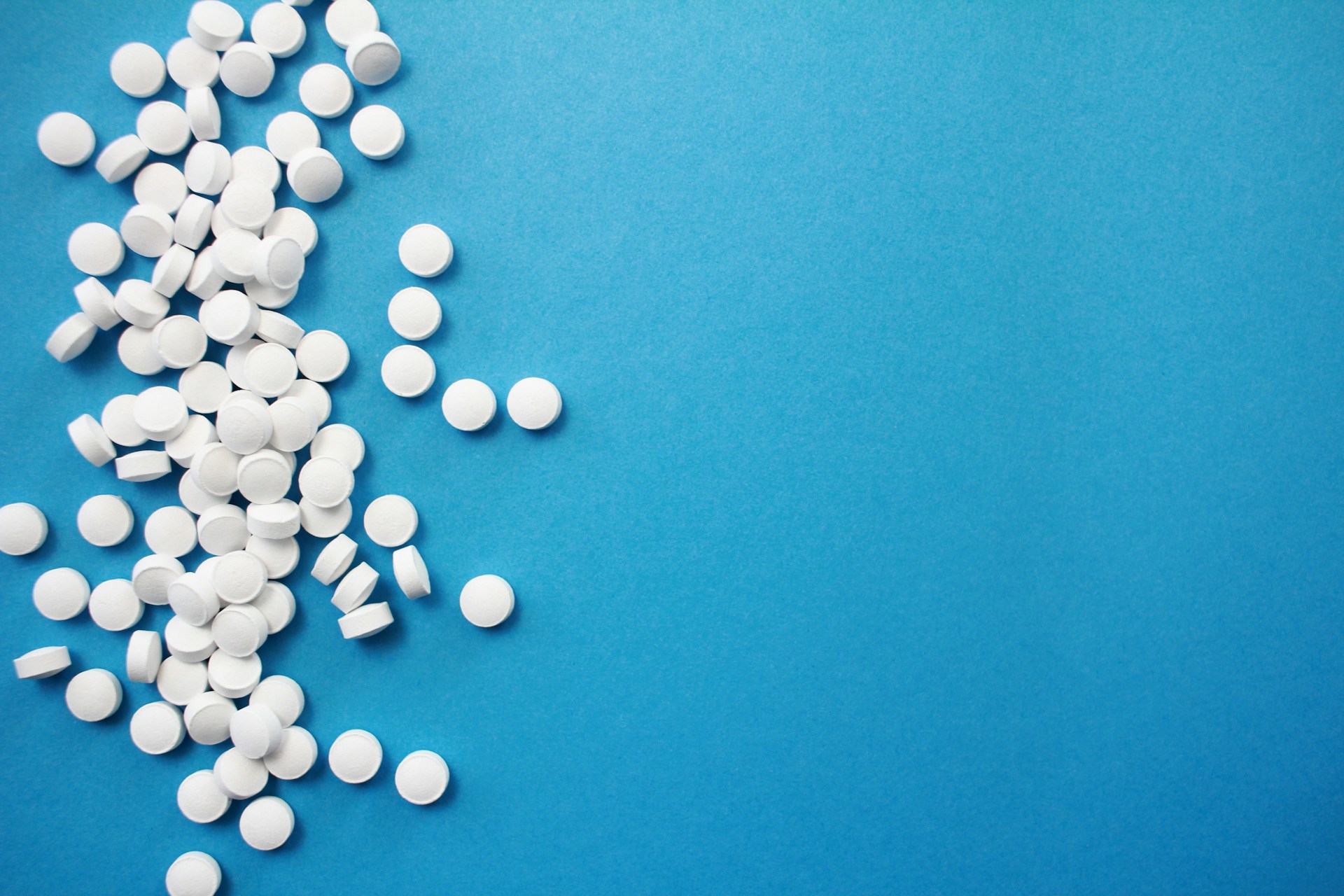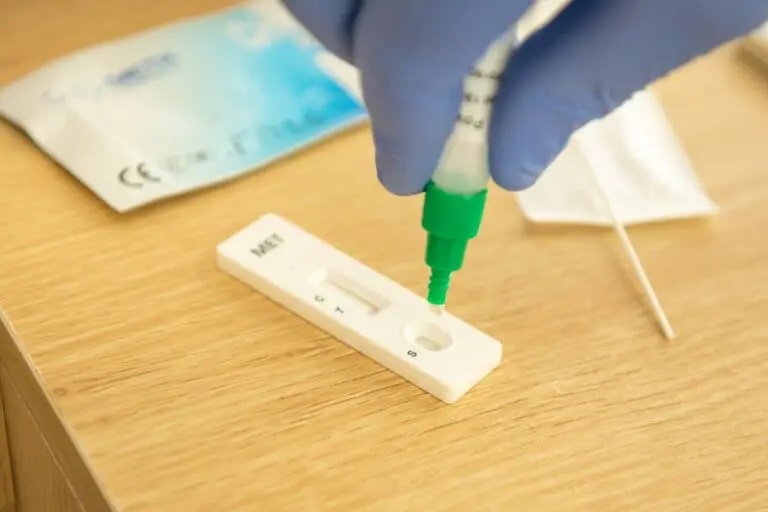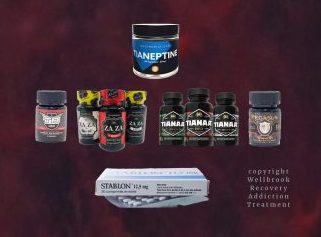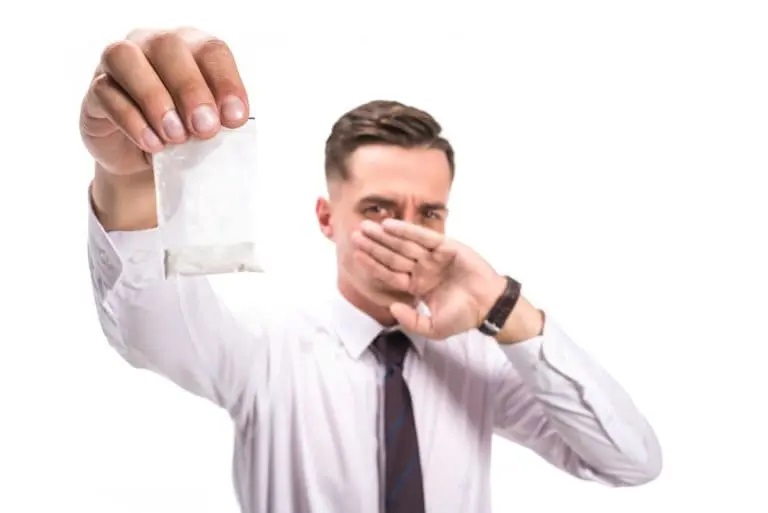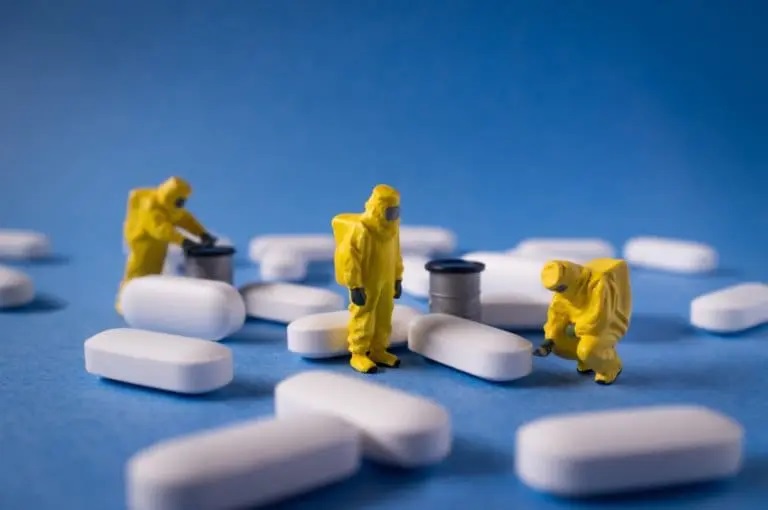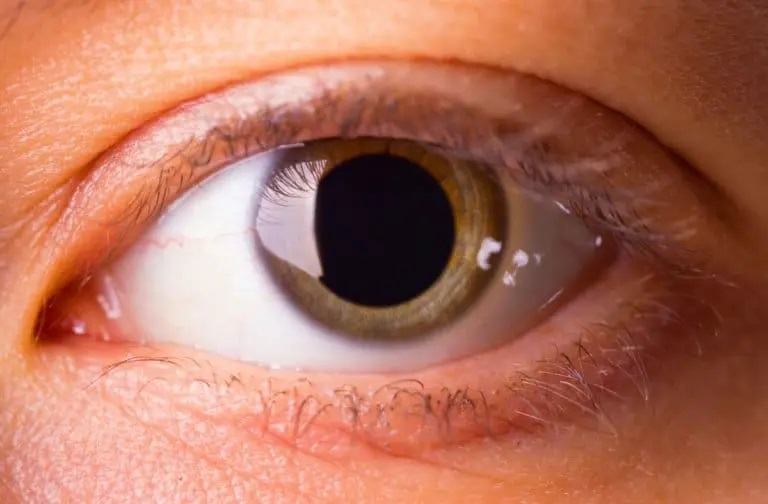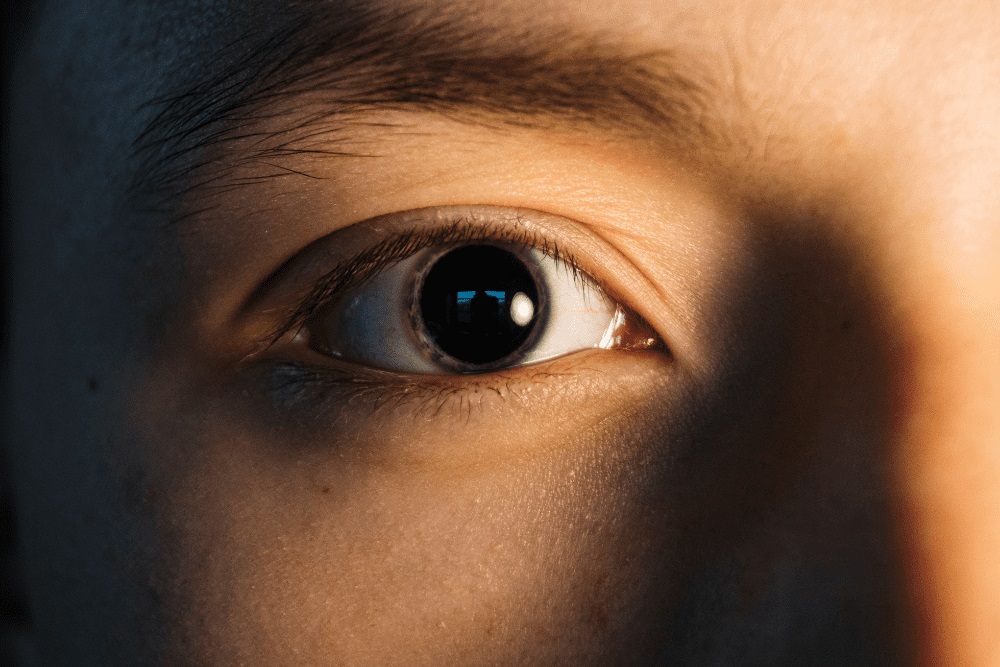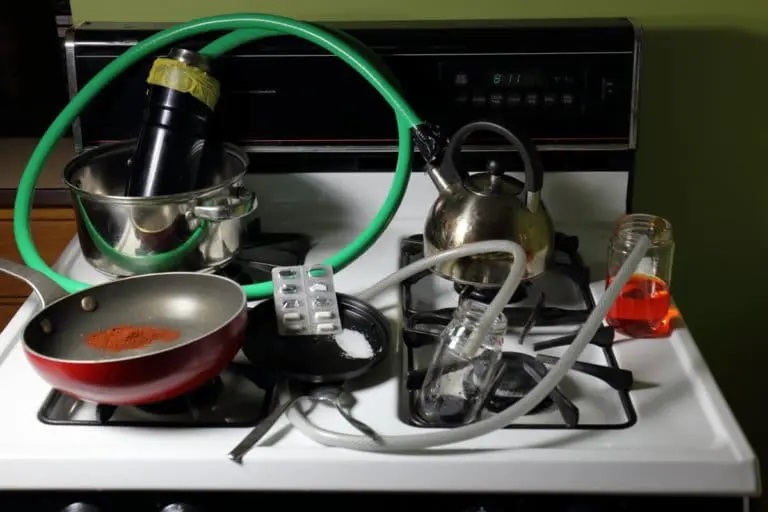Table of Contents
- The Link Between Substance Use and Mental Health
- Exploring the Relationship
- Understanding Bipolar Disorder
- Substance Abuse and Bipolar Disorder
- Can Drug Abuse Cause Bipolar Disorder to Develop?
- Substance Use as a Trigger for Bipolar Episodes
- The Impact of Substance Abuse on Bipolar Disorder
- Substance Abuse and the Onset of Bipolar Symptoms
- Increased Severity and Frequency of Bipolar Episodes
- Treating Co-Occurring Substance Use and Bipolar Disorder
- Dual Diagnosis Treatment Approach
- Importance of Integrated Care
- Seeking Help and Support
- Resources for Treatment and Support
- Conclusion
- Sources
The Link Between Substance Use and Mental Health
When it comes to mental health, the relationship between substance use and disorders such as bipolar disorder is a complex and interconnected one. In this section, we will explore the link between substance use and mental health, with a specific focus on understanding bipolar disorder.
Exploring the Relationship
Substance use and mental health often go hand in hand. Many individuals with mental health disorders may turn to substances as a way to cope with their symptoms. On the other hand, substance abuse can also contribute to the development or exacerbation of mental health conditions.
Research has shown that individuals with mental health disorders are more prone to substance use and are at a higher risk of developing substance abuse disorders. Conversely, substance abuse can increase the vulnerability to mental health disorders, including bipolar disorder. The relationship between substance abuse and bipolar disorder is complex and multifaceted, and it is crucial to understand the interplay between these two factors.
Understanding Bipolar Disorder
Bipolar disorder is a mental health condition characterized by extreme mood swings that range from manic highs to depressive lows. It is a chronic illness that affects the individual’s emotions, thoughts, and behavior, impairing their ability to function in daily life.
While the exact cause of bipolar disorder is not fully understood, research suggests that it is likely the result of a combination of genetic, environmental, and neurochemical factors. Substance abuse can also play a role in the development and progression of bipolar disorder.
Individuals with bipolar disorder may turn to substances as a form of self-medication, attempting to alleviate the symptoms they experience during depressive or manic episodes. Drug-induced or substance-induced bipolar disorder can occur as a result of prolonged substance abuse, leading to mood disturbances that resemble bipolar disorder. However, it’s important to note that substance-induced bipolar disorder is distinct from the primary diagnosis of bipolar disorder.
Understanding the link between substance use and mental health, particularly bipolar disorder, is essential for effective treatment and support. Recognizing the signs and symptoms of bipolar disorder, as well as understanding the impact of substance abuse on its development and progression, can help individuals seek appropriate help and support. If you believe you or someone you know is struggling with substance abuse and bipolar disorder, it is important to reach out to healthcare professionals or treatment centers specializing in dual diagnosis.
Substance Abuse and Bipolar Disorder
The relationship between substance abuse and bipolar disorder is complex and multifaceted. While substance abuse does not directly cause bipolar disorder to develop, it can have a significant impact on the onset, severity, and course of the disorder. In this section, we will explore the connection between substance abuse and bipolar disorder from two perspectives: Can drug abuse cause bipolar disorder to develop? and Substance use as a trigger for bipolar episodes.
Can Drug Abuse Cause Bipolar Disorder to Develop?
Bipolar disorder is a mental health condition characterized by extreme mood swings, ranging from manic episodes of high energy and euphoria to depressive episodes of low mood and lack of interest. It is believed to have a strong genetic component, meaning that individuals may be predisposed to developing bipolar disorder due to their family history.
While drug abuse itself does not cause bipolar disorder, research suggests that substance abuse can increase the risk of developing bipolar disorder in individuals who are genetically susceptible. Substance abuse, particularly during periods of vulnerability, such as adolescence, can potentially trigger the onset of bipolar symptoms in those who may already have a genetic predisposition. However, it is important to note that not all individuals who abuse drugs will develop bipolar disorder.
Substance Use as a Trigger for Bipolar Episodes
For individuals who already have a diagnosis of bipolar disorder, substance abuse can have a significant impact on the course of the disorder. Substance use, especially drugs that affect the central nervous system, can act as triggers for bipolar episodes. Stimulant drugs, such as cocaine or amphetamines, can induce manic episodes, while depressant drugs, such as alcohol or opioids, can precipitate depressive episodes.
Additionally, substance abuse can exacerbate the severity and frequency of bipolar episodes. The use of drugs can disrupt the delicate balance of neurotransmitters in the brain, further destabilizing mood regulation in individuals with bipolar disorder. This can lead to more frequent and intense episodes, making it challenging to manage the symptoms effectively.
Understanding the relationship between substance abuse and bipolar disorder is crucial for effective treatment and management. If you or someone you know is struggling with both substance abuse and bipolar disorder, it is important to seek professional help. Dual diagnosis treatment, which addresses both conditions simultaneously, is often the most effective approach.
Recognizing the signs and symptoms of both substance abuse and bipolar disorder is essential for early intervention and support. If you suspect that you or someone you know may be struggling with these issues, reach out to a healthcare professional or a helpline for guidance. Remember, there are resources available to help you navigate the challenges of co-occurring substance abuse and bipolar disorder.
The Impact of Substance Abuse on Bipolar Disorder
When it comes to bipolar disorder, substance abuse can significantly impact the course and severity of the condition. Individuals with bipolar disorder who engage in substance abuse may experience an array of negative effects, including the onset of bipolar symptoms and an increase in the severity and frequency of bipolar episodes.
Substance Abuse and the Onset of Bipolar Symptoms
While substance abuse does not directly cause bipolar disorder to develop, it can serve as a catalyst for the onset of bipolar symptoms in individuals who are predisposed to the condition. Some individuals may experience their first manic or depressive episode as a result of drug use. This is known as drug-induced bipolar disorder or substance-induced bipolar disorder.
The relationship between substance abuse and bipolar symptoms is complex and multifaceted. Drug use can disrupt the delicate balance of chemicals in the brain, potentially triggering manic or depressive episodes in individuals with a genetic vulnerability to bipolar disorder. It’s important to note that not everyone who abuses substances will develop bipolar disorder symptoms. However, for those already susceptible, substance abuse can act as a trigger.
Increased Severity and Frequency of Bipolar Episodes
Substance abuse can also exacerbate the severity and frequency of bipolar episodes. The interplay between drug abuse and bipolar disorder often leads to a worsening of symptoms and a more challenging treatment journey. When individuals with bipolar disorder engage in substance abuse, it can disrupt the effectiveness of medications, impair their ability to adhere to treatment plans, and increase the risk of suicidal thoughts and behaviors.
In addition, the use of certain substances, such as stimulants or hallucinogens, can induce manic or depressive states in individuals with bipolar disorder. This can lead to a cycle of substance abuse and bipolar episodes, further complicating the management of the condition.
To address the impact of substance abuse on bipolar disorder, a comprehensive dual diagnosis treatment approach is often necessary. This approach involves treating both the substance abuse and the bipolar disorder concurrently, as they are interconnected and can influence each other. Integrated care, where mental health and substance abuse professionals collaborate, is crucial for effective treatment outcomes. It ensures that individuals receive the support and interventions needed to manage both conditions simultaneously.
Recognizing the signs and symptoms of bipolar disorder and seeking professional help is essential for individuals struggling with substance abuse and bipolar disorder. There are various resources available for treatment and support, including counseling services, support groups, and specialized treatment centers.
By understanding the impact of substance abuse on bipolar disorder, individuals can take proactive steps towards recovery, seeking appropriate treatment and support to manage both conditions effectively.
Treating Co-Occurring Substance Use and Bipolar Disorder
When it comes to addressing the complex interplay between substance use and bipolar disorder, a comprehensive dual diagnosis treatment approach is essential. This approach recognizes that individuals who struggle with both substance abuse and bipolar disorder require specialized care that addresses both conditions simultaneously. By treating these co-occurring disorders together, individuals have the best chance of achieving long-term recovery and stability.
Dual Diagnosis Treatment Approach
The dual diagnosis treatment approach recognizes that substance use and bipolar disorder are interconnected and should be treated concurrently. This approach involves a combination of pharmacological and psychotherapeutic interventions tailored to the individual’s specific needs.
- Pharmacological Interventions: Medications play a crucial role in managing both substance use and bipolar disorder. For bipolar disorder, mood stabilizers, antipsychotics, and antidepressants may be prescribed to help regulate mood and minimize the risk of relapse. In the case of substance use, medications such as opioid agonists or nicotine replacement therapy may be utilized to aid in withdrawal management and reduce cravings.
- Psychotherapeutic Interventions: Psychotherapy forms the foundation of treatment for both substance abuse and bipolar disorder. Cognitive-behavioral therapy (CBT), dialectical behavior therapy (DBT), and motivational interviewing (MI) are commonly employed to address the underlying issues contributing to substance abuse and bipolar symptoms. These therapies help individuals develop coping strategies, manage triggers, and improve overall mental well-being.
Importance of Integrated Care
Integrated care is crucial in treating co-occurring substance use and bipolar disorder. This approach involves the collaboration of a multidisciplinary team of professionals, including psychiatrists, addiction specialists, therapists, and social workers. By working together, these professionals can provide a comprehensive and holistic treatment plan that addresses all aspects of the individual’s well-being.
Integrated care ensures that each person receives individualized treatment that considers the unique challenges posed by the co-occurring disorders. It focuses not only on managing symptoms but also on addressing the underlying causes of substance use and bipolar disorder. Through therapy sessions, individuals can gain a deeper understanding of the connections between their substance use and their bipolar symptoms, allowing them to develop healthier coping mechanisms and strategies for maintaining long-term recovery.
It is important to note that the journey to recovery from co-occurring substance use and bipolar disorder can be challenging. However, with the right support and treatment, individuals can achieve stability, manage their symptoms, and lead fulfilling lives. If you or someone you know is struggling with substance use and bipolar disorder, it is crucial to seek help from professionals who specialize in dual diagnosis treatment. Remember, recovery is possible, and you don’t have to face it alone.
Seeking Help and Support
Recognizing the Signs and Symptoms
When it comes to substance abuse and bipolar disorder, it is crucial to be able to recognize the signs and symptoms that may indicate the presence of these conditions. While the symptoms can vary from person to person, there are common indicators to be aware of.
In terms of substance abuse, signs may include:
- Changes in behavior: Increased secrecy, isolation, or withdrawal from friends and family.
- Neglecting responsibilities: Decline in work or school performance, frequent absenteeism, or financial difficulties.
- Physical and health changes: Sudden weight loss or gain, poor hygiene, bloodshot eyes, or frequent illnesses.
- Mood swings: Unpredictable and extreme mood changes, irritability, agitation, or hostility.
- Social and interpersonal problems: Relationship conflicts, legal issues, or a loss of interest in previously enjoyed activities.
When it comes to bipolar disorder, symptoms may include:
- Manic episodes: Periods of elevated mood, increased energy, racing thoughts, impulsivity, and excessive engagement in pleasurable activities.
- Depressive episodes: Persistent sadness, loss of interest or pleasure, changes in appetite or sleep patterns, fatigue, feelings of worthlessness or guilt, and thoughts of death or suicide.
- Mixed episodes: Simultaneous occurrence of manic and depressive symptoms, leading to intense emotional instability and confusion.
It is important to note that the presence of these signs and symptoms does not necessarily confirm the co-occurrence of substance abuse and bipolar disorder. However, if you or someone you know is experiencing these symptoms, it is crucial to seek professional help and evaluation from a healthcare provider or mental health professional. Early detection and proper diagnosis are key to developing an effective treatment plan.
Resources for Treatment and Support
If you or someone you know is struggling with drug abuse and bipolar disorder, it is essential to reach out for help. Treatment and support may involve a combination of medical interventions, therapy, and lifestyle changes. Seeking professional guidance is crucial to ensure an individualized approach for managing these co-occurring conditions.
Here are some resources that can provide information, support, and treatment options:
- National Institute on Drug Abuse (NIDA): Offers resources and research-based information on substance abuse, addiction, and treatment options. Visit their website for more information on substance abuse and its effects on mental health.
- National Alliance on Mental Illness (NAMI): Provides education, support, and advocacy for individuals and families affected by mental health conditions. NAMI’s website offers information on bipolar disorder and resources for finding local support groups and treatment providers.
- Substance Abuse and Mental Health Services Administration (SAMHSA): Offers a national helpline (1-800-662-HELP) that provides 24/7, confidential, and free information and referrals for mental health and substance abuse treatment services in the United States. SAMHSA’s website also provides a treatment locator to help find nearby treatment facilities.
Remember, reaching out for help is a sign of strength. The journey to recovery and managing substance abuse and bipolar disorder can be challenging, but with the right support and treatment, it is possible to lead a healthy and fulfilling life.
Conclusion
The impact of substance abuse on bipolar disorder can be significant and complex. Substance abuse can trigger the onset of bipolar symptoms in individuals who are predisposed to the condition and exacerbate the severity and frequency of bipolar episodes. However, with a comprehensive dual diagnosis treatment approach that involves pharmacological and psychotherapeutic interventions tailored to the individual’s specific needs, individuals struggling with co-occurring substance use and bipolar disorder can achieve long-term recovery and stability.
It is essential to recognize the signs and symptoms of substance abuse and bipolar disorder, seek professional help, and utilize resources for treatment and support. By taking proactive steps towards recovery, individuals can manage both conditions effectively, lead fulfilling lives, and realize that they are not alone in their journey.



